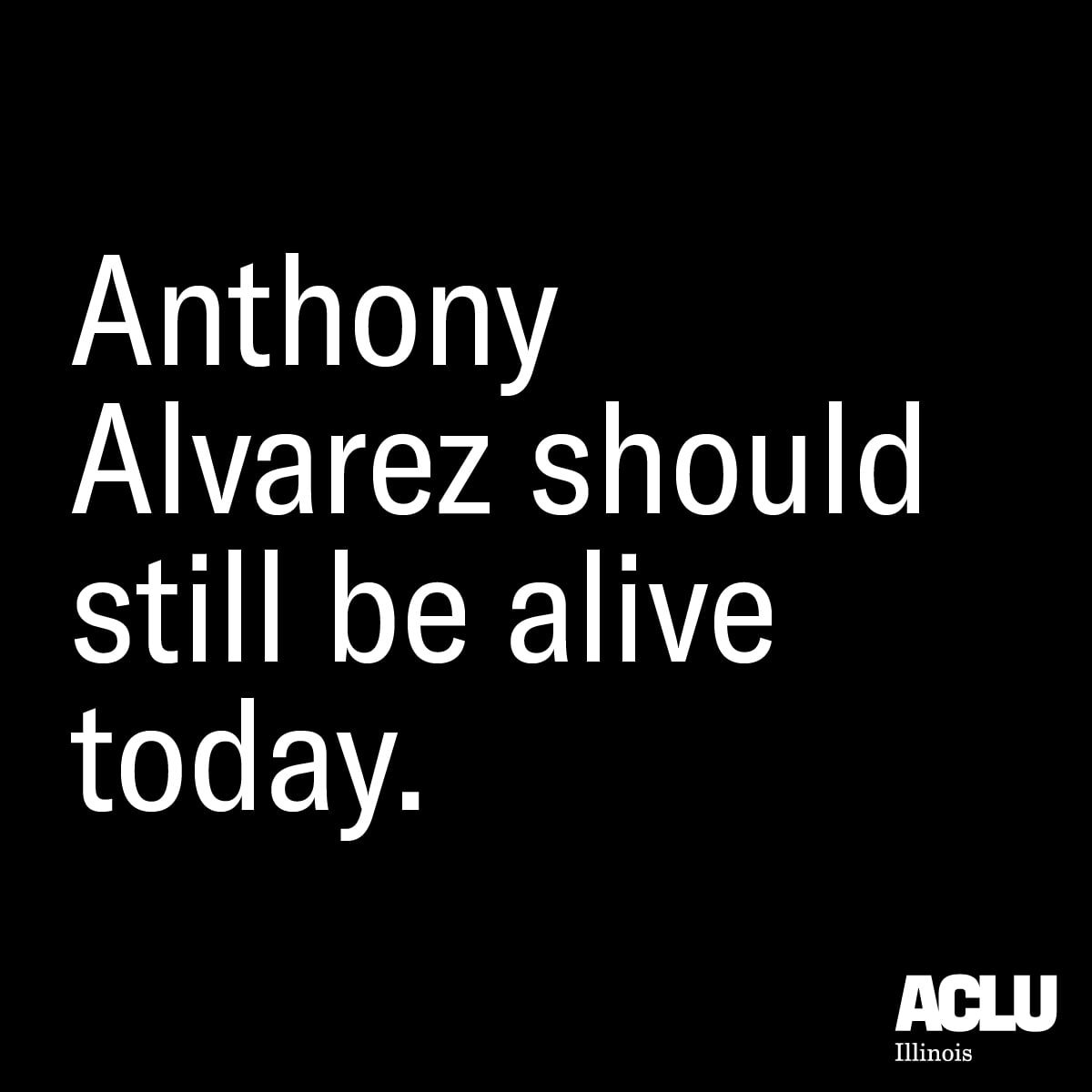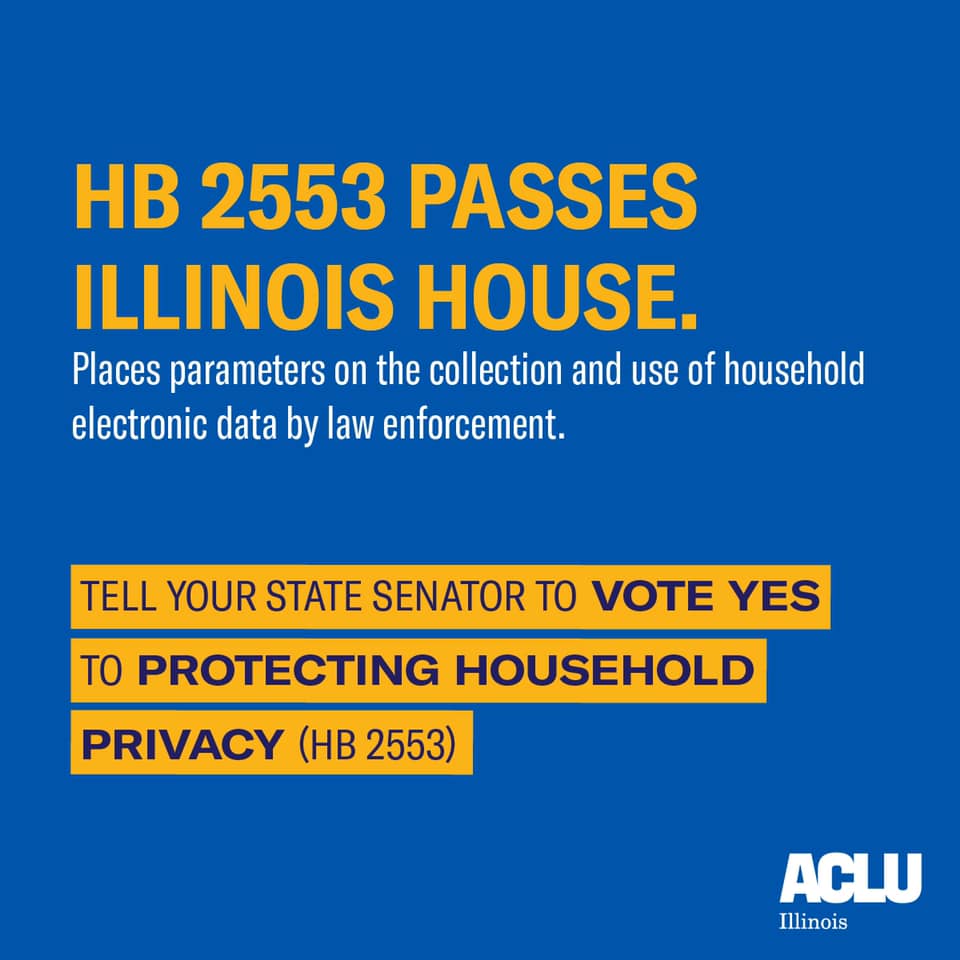By Emily Werth, Staff Attorney, Women's and Reproductive Rights Project
When Laura Bowers was sentenced to life in prison in 1990 in connection with the death of her abusive husband, neither society nor the legal system understood the ramifications of surviving domestic violence.
If Ms. Bowers had tried to flee her abusive marriage, she would be perceived as unstable or irrational. If she had fought back against the abuse, she could be punished by law. And if she stayed with her abuser, she would be deemed not credible if she later reported the abuse.
In the intervening decades, however, our understanding of how domestic abuse impacts survivors and the lasting trauma they suffer has evolved significantly. As a result, policymakers have adopted many reforms to try to ensure that the legal system responds to survivors appropriately. One of these reforms was the addition in 2016 of a provision to Illinois state law that permits a survivor of domestic violence by an intimate partner to petition the court for a new sentencing hearing that takes account of mitigating evidence regarding their experience of abuse that they were unable to present at the time they were originally sentenced for a crime.
This law was meant to address the long history of the legal system misunderstanding and mistreating survivors of domestic violence. But as soon as it was passed, prosecutors started arguing for an absurd and arbitrary interpretation that would have decimated its impact: that resentencing relief was only available to people who were convicted within two years of when they filed their petitions. This means that anyone sent to prison before 2014 would be completely out of luck. The people most likely to benefit from the law – those who went to prison decades ago before the development of our modern understandings about domestic violence and its lasting effects – would be left out with no recourse entirely.
Fortunately, some prosecutors, including the Cook County State’s Attorney’s office, eventually changed course and recognized that this arbitrary two-year time limit was not correct. But when Laura Bowers sought resentencing in Macon County, a judge there dismissed her petition for being too late, even though it would have been impossible for her to request resentencing within two years of being first sentenced in 1990 because the law itself was not changed until 2016. Ms. Bowers has continued her fight by appealing her case to Illinois’ Fourth District Appellate Court.
The American Civil Liberties Union of Illinois and a number of other groups that work on issues of domestic violence and mass incarceration have sought permission to submit an amicus brief to the Fourth District Appellate Court in support of Laura Bowers’ request to have a resentencing hearing. The other participating organizations are Ascend Justice, Illinois Coalition Against Domestic Violence, Legal Action Chicago, The Legal Aid Society of Metropolitan Family Services, Life Span, The Network: Advocating Against Domestic Violence, Shriver Center on Poverty Law, and Women’s Justice Institute.
Represented by attorneys from the ACLU of Illinois and Sidley Austin LLP, these groups explained the history of social and legal treatment of domestic violence and how it must inform a correct interpretation of the law that reaches Ms. Bowers and other survivors in a similar position.
The sad truth is the vast majority of women in prison were previously victims of violence, including domestic violence, sexual assault, and child abuse. A crucial part of the effort to end mass incarceration includes recognizing and accounting for this unfortunate reality.
A fair chance at resentencing for Laura Bowers would be one small step in that direction.

